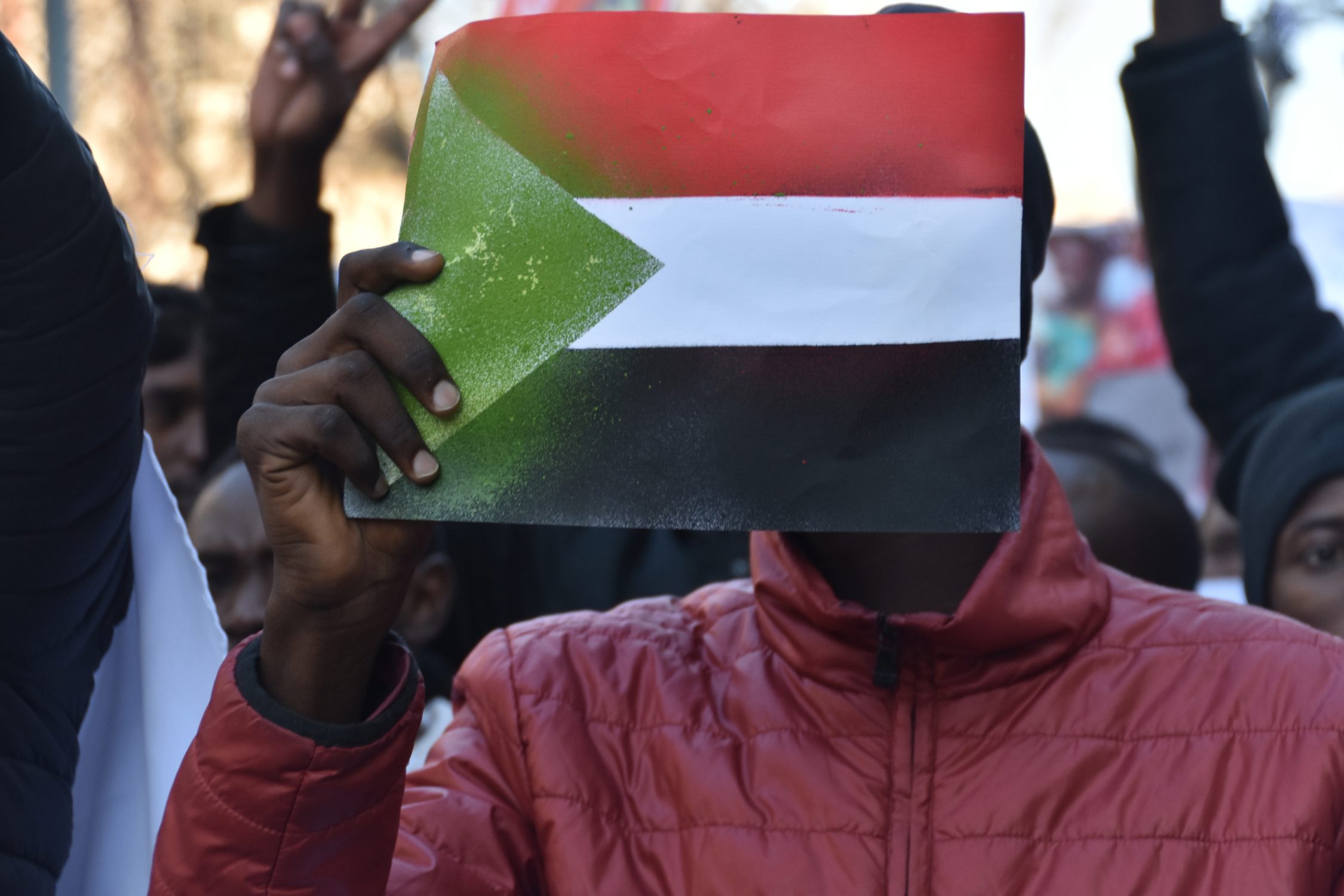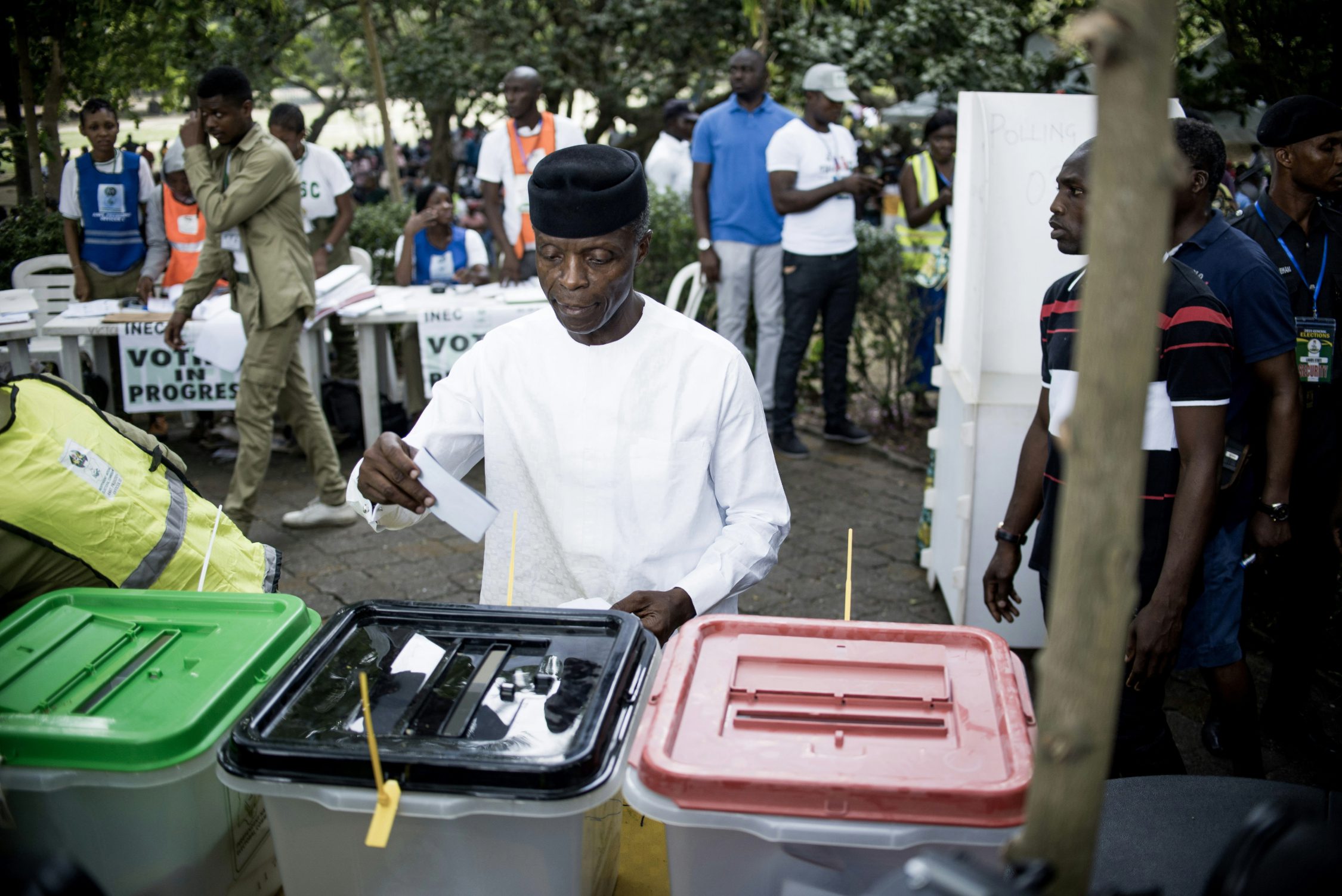Earlier this week, on August 27th, we launched a new occasional paper, Introducing transnational Conflict in Africa dataset. Today, we are publishing a memo, Implications of the TCA that highlights policy implications of the core research finding: existing datasets have systematically under-represented the level of transnational political violence (covert war, militarized disputes, support to state and non-state belligerents in ‘internal’ war and sponsorship of coups d’état and the suppression of coups) to such a significant degree that we need fundamentally to reconsider the received wisdom that Africa has experienced many civil wars and very few inter-state wars. Additional resources are also available on our website.
Overview of the Policy Memo
This memo explores transnational conflict in Africa. Section I is concerned with the wide (under-represented) extent and pattern of conflict between states and across borders, and how it may be researched. Section II is concerned with the implications for policy.
The key research finding is that most armed conflicts in Africa have a significant transnational element. This inverts the standard trope that the vast majority of African conflicts are internal and not inter-state. Country specialists focusing on individual conflicts have made this observation for years: what is new is that the Transnational Conflict in Africa (TCA) dataset shows for the first time that this is a general phenomenon. This allows for a comparative analysis of the extent, patterns and drivers of transnational conflict, which allows us to move beyond imprecise metaphors such as conflict ‘spillover’, into a more systematic representation of the phenomenon, that puts transnational political rivalries at the centre of the story of conflict in the continent.
The memo summarizes and expands upon two papers on transnational armed conflict in Africa. The first is an occasional paper that introduces a new dataset; the second is a peer-reviewed published paper that re-describes patterns of armed conflicts in Africa on the basis of this dataset (see bibliography). The core finding of the papers is that existing datasets have systematically under-represented the level of transnational political violence (covert war, militarized disputes, support to state and non-state belligerents in ‘internal’ war and sponsorship of coups d’état and the suppression of coups) to such a significant degree that we need fundamentally to reconsider the received wisdom that Africa has experienced many civil wars and very few inter-state wars. The elaborated findings focus on the patterns of transnational conflict: how it varies from one African sub-region to another, how it has changed over time, and how different states pursue their strategies for transnational conflict in different ways.
One important policy implication of the TCA data is that there is a mismatch between the norms and principles of inter-state relations in Africa (specifically non-interference in the internal affairs of other states) and the reality (widespread interference). Every African policymaker knows this. Public discussion runs on a parallel track to the negotiations over ‘real’ political dynamics.
The TCA dataset project opens up a research agenda for studying the drivers, patterns and instruments of African inter-state rivalries. Several areas of policy-focused research need particular attention. These include:
- Boundaries, separatism and power hierarchies;
- Regional multilateralism, security communities and peace missions;
- Post-conflict reconstruction and security sector reform;
- Middle Eastern engagement in Africa.
The TCA dataset captures what observers of African politics and conflict have long known, namely that African states frequently intervene militarily in one another’s affairs, and most conflicts are internationalized-internal. What is new is that the TCA dataset provides a basis for moving this observation from the specific to the general, and providing a basis for comparative or general study of transnational conflict in the continent.
This opens up a neglected research agenda, making the study of conflict in Africa more similar to the study of conflict elsewhere in the world. It focuses attention not on the purported absence of inter-state conflict, but on the unusual ways in which such conflicts are manifest.
Bringing transnational armed conflict into focus, as an established feature of Africa’s political and military landscape, demands a number of adjustments to policy. Several of these have been summarized in this memo. Most important is a change in policymakers’ awareness: in structuring peace negotiations, designing peace support operations, planning post-conflict reconstruction including SSR, and engaging with Middle Eastern countries’ security policies towards Africa, the transnational dimension to African conflicts should be borne in mind.
Download the Policy Memo, ‘Implications of the TCA,’ and both papers and additional resources are available on our website.


